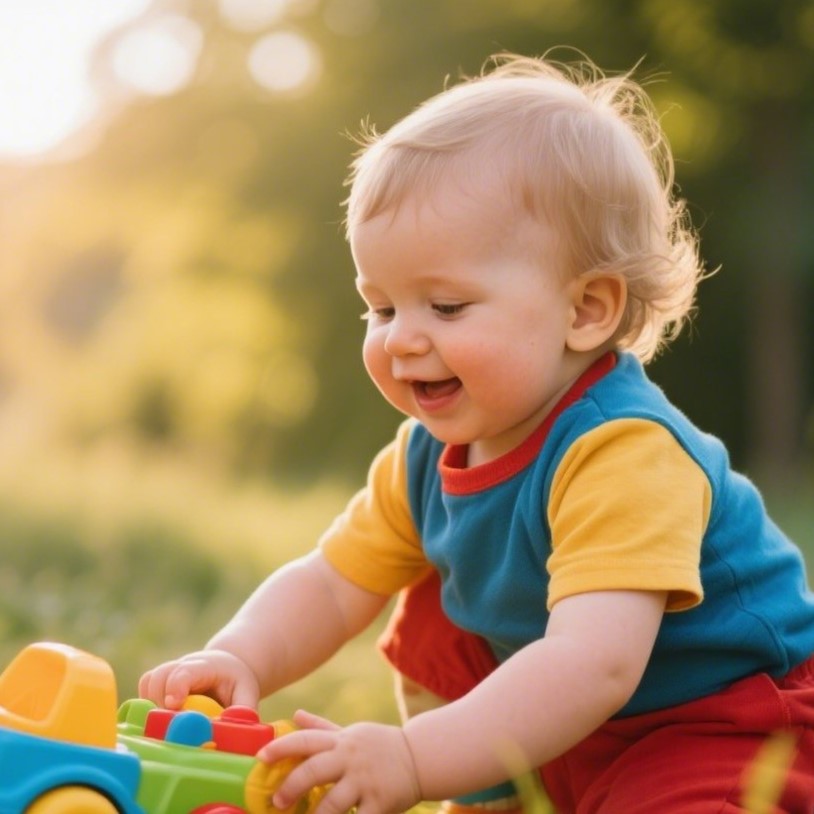Toddlers are little explorers with big emotions, boundless curiosity, and rapidly growing brains. The toddler years—typically ages 1 to 3—are a time of incredible development. What they learn during this stage can set the foundation for how they interact with the world for years to come.
But don’t worry—you don’t need flashcards or pressure-filled learning schedules. Toddlers learn best through play, routine, love, and repetition. Let’s explore the 10 most important things toddlers should learn, and how to gently guide them through this exciting stage.
1. 🗣️ Basic Language and Communication
Toddlers should begin learning how to express their needs, wants, and feelings. This doesn’t mean complete sentences—simple words, gestures, and facial expressions count too.

How to Encourage:
- Talk to them constantly about what you’re doing
- Read colorful picture books together
- Repeat simple words and phrases
- Sing songs and nursery rhymes
2. 🧠 Cause and Effect
Understanding that “if I do this, then that happens” is crucial. This helps toddlers develop reasoning and predict outcomes.
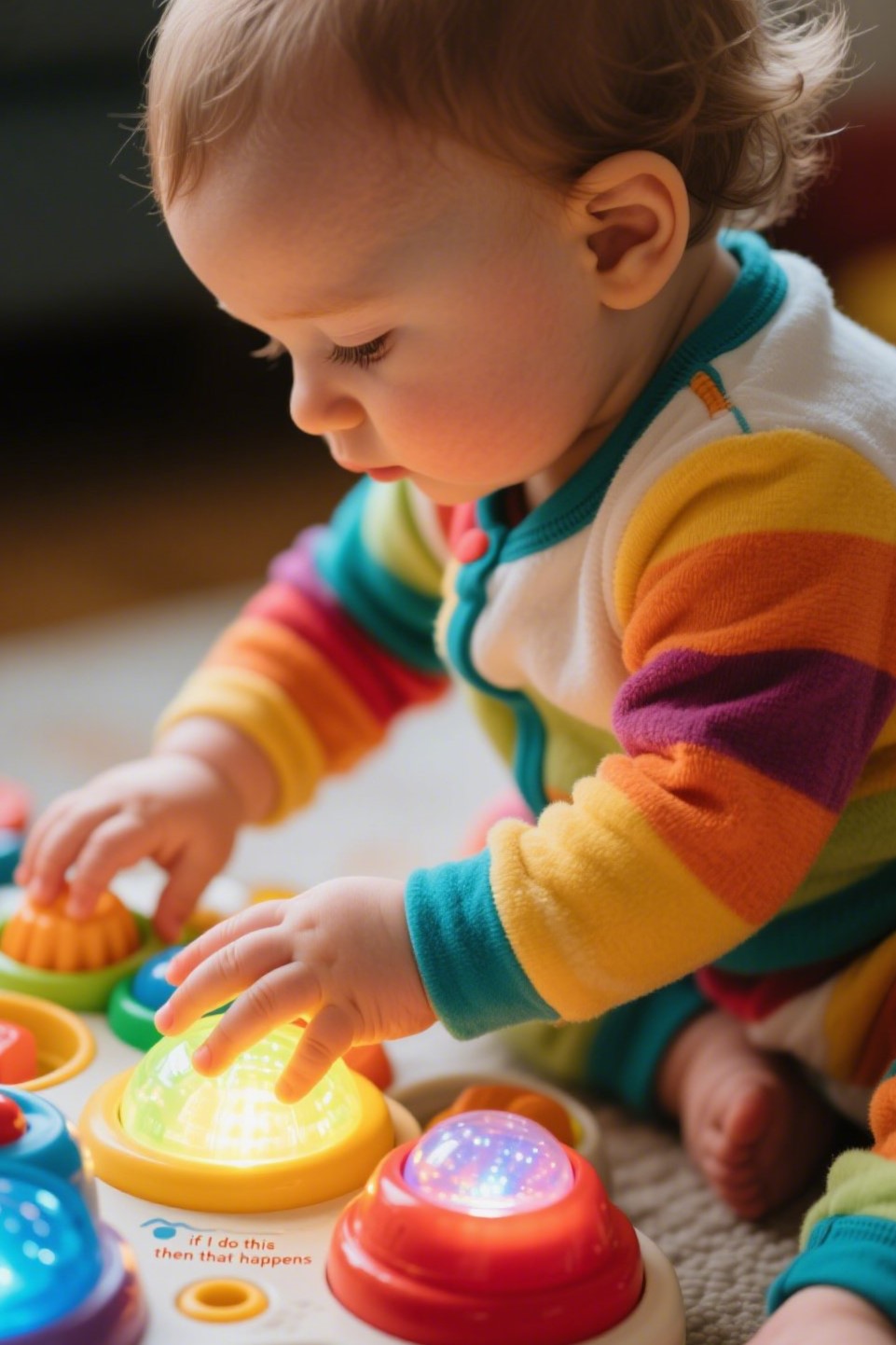
Example:
- Pressing a button makes a sound
- Dropping a toy means it falls
- Hitting hurts, so someone cries
How to Encourage:
- Let them explore toys that light up or make noise
- Talk through what’s happening (“Look, the ball rolls when you push it!”)
3. 🫶 Empathy and Emotions
While toddlers may still throw tantrums, they are beginning to recognize their own feelings and respond to others’.

How to Encourage:
- Label emotions: “You’re feeling sad” or “That made you happy!”
- Model kindness and gentle behavior
- Use dolls or animals in play to explore feelings
- Teach simple phrases like “I’m mad” or “Can I help?”
4. 🪥 Basic Hygiene Skills
Teaching toddlers early hygiene habits lays the groundwork for personal responsibility and health.
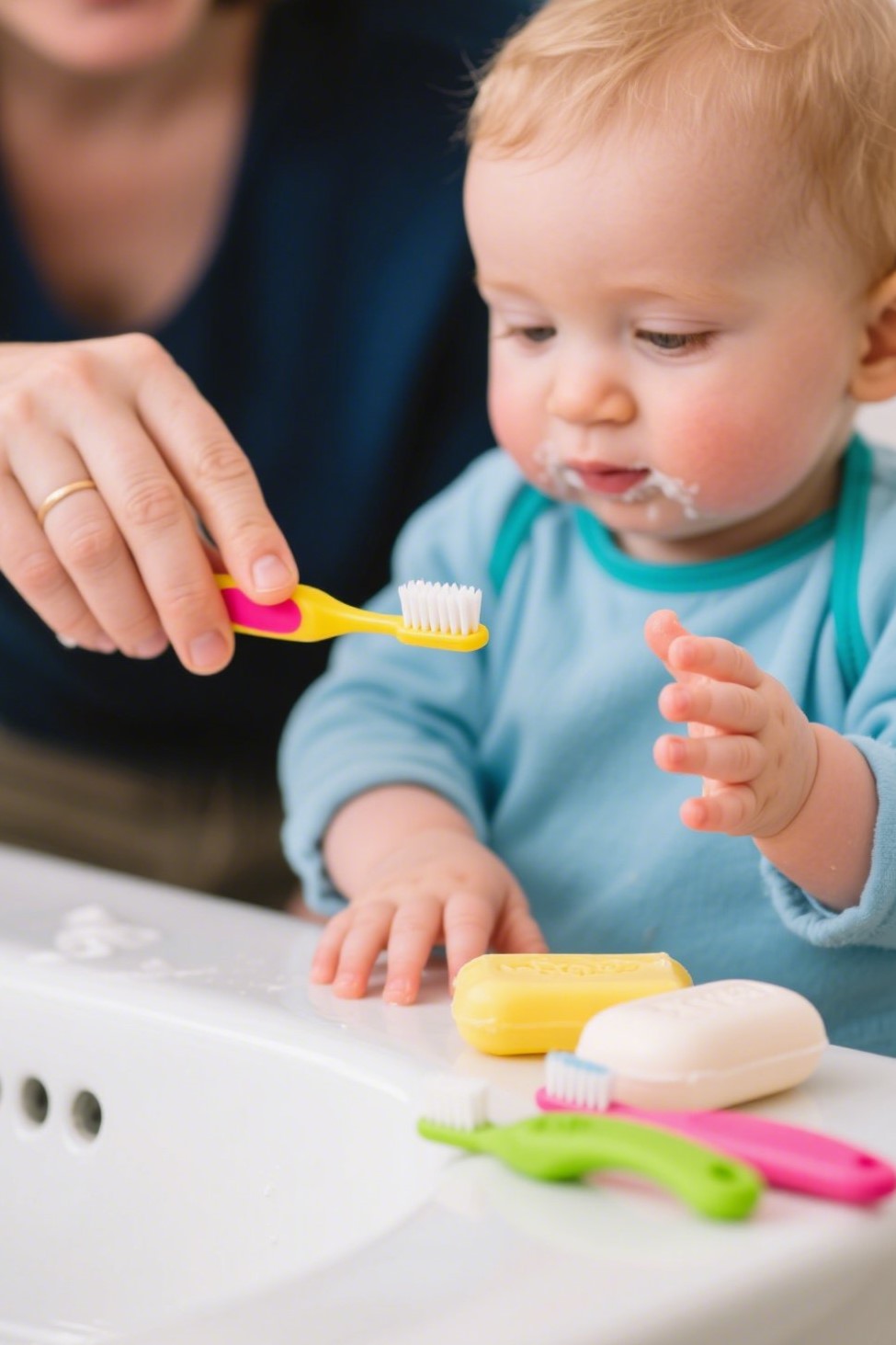
Key Skills:
- Brushing teeth
- Washing hands
- Using a tissue
- Beginning potty training
How to Encourage:
- Turn hygiene routines into games or songs
- Use colorful toddler toothbrushes and soap
- Offer praise and consistency
5. 🍎 Healthy Eating Habits
Now’s the time to build positive associations with fruits, veggies, water, and self-feeding.

How to Encourage:
- Let them explore textures and colors of food
- Offer a variety of healthy snacks
- Let them use child-safe utensils
- Eat meals together and model good habits
6. 🧩 Problem-Solving Skills
Simple puzzles and challenges help toddlers learn how to think critically and persist when things don’t go right immediately.
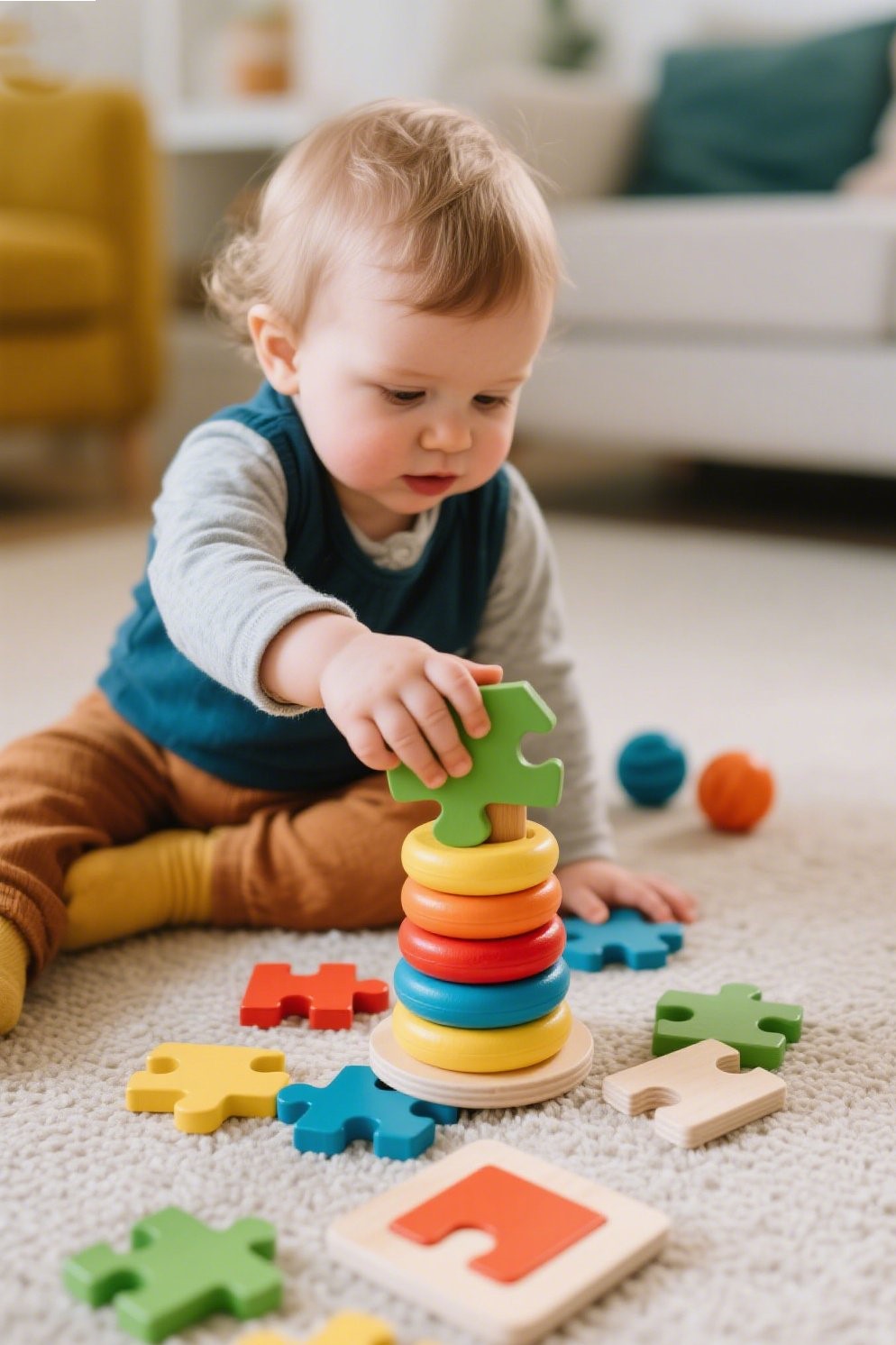
How to Encourage:
- Offer age-appropriate puzzles or stackable toys
- Celebrate small victories (“You did it!”)
- Allow them time to figure things out before stepping in
7. 🖐️ Fine and Gross Motor Skills
From scribbling with crayons to kicking balls, toddlers should be refining how they use their hands and bodies.
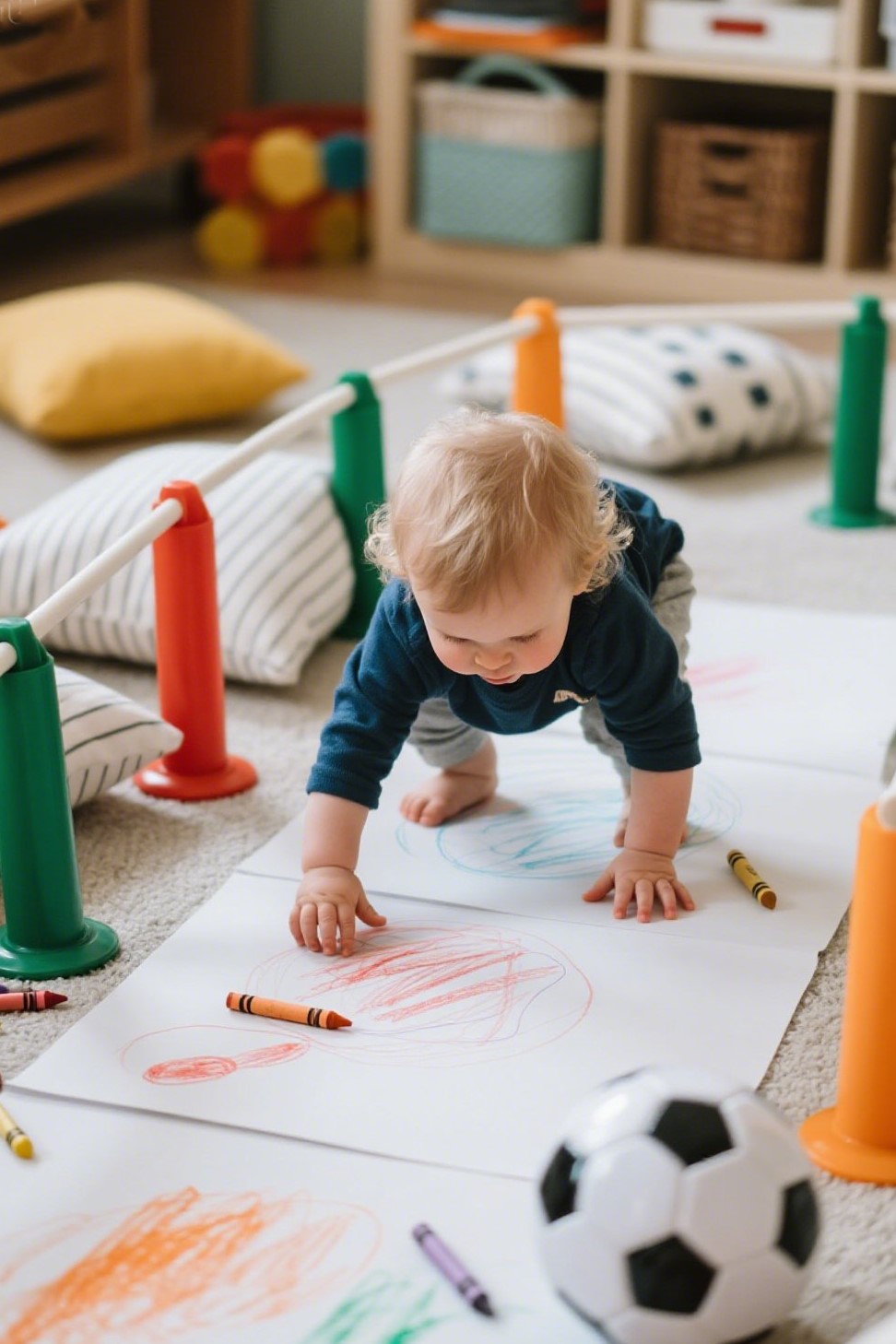
Examples:
- Climbing, jumping, running
- Drawing, stacking blocks, turning pages
How to Encourage:
- Create obstacle courses with pillows
- Set up drawing stations with crayons
- Practice throwing and catching soft balls
8. 🎵 Imagination and Creativity
Toddlers love pretend play—it helps with social skills, language development, and creative thinking.
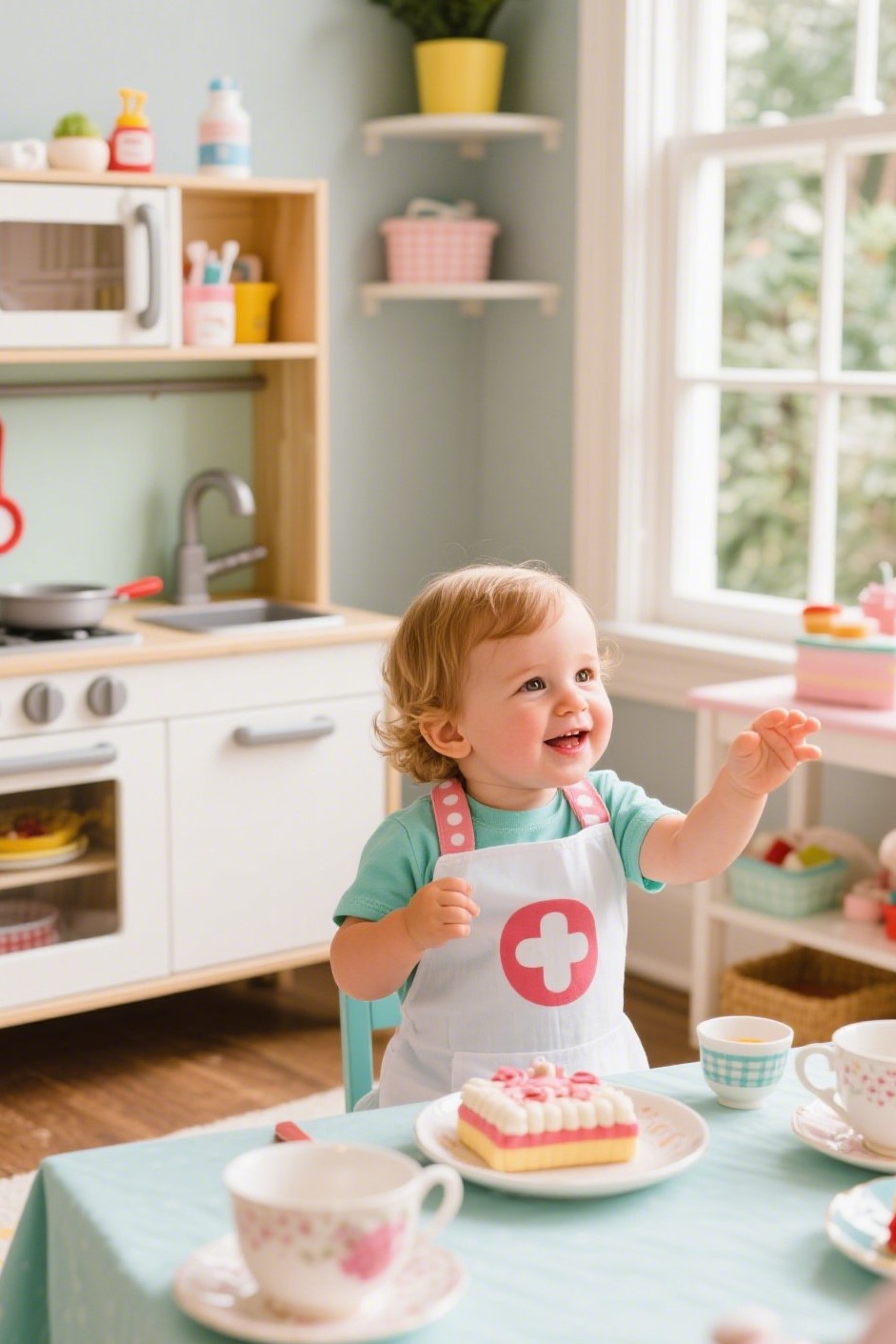
How to Encourage:
- Set up pretend kitchens, doctor kits, or tea parties
- Encourage role play with dolls or puppets
- Let them make music with toddler-safe instruments
9. 🕰️ Understanding Routines and Time
While they won’t grasp the clock, toddlers begin to understand sequence and routine—important for emotional security.
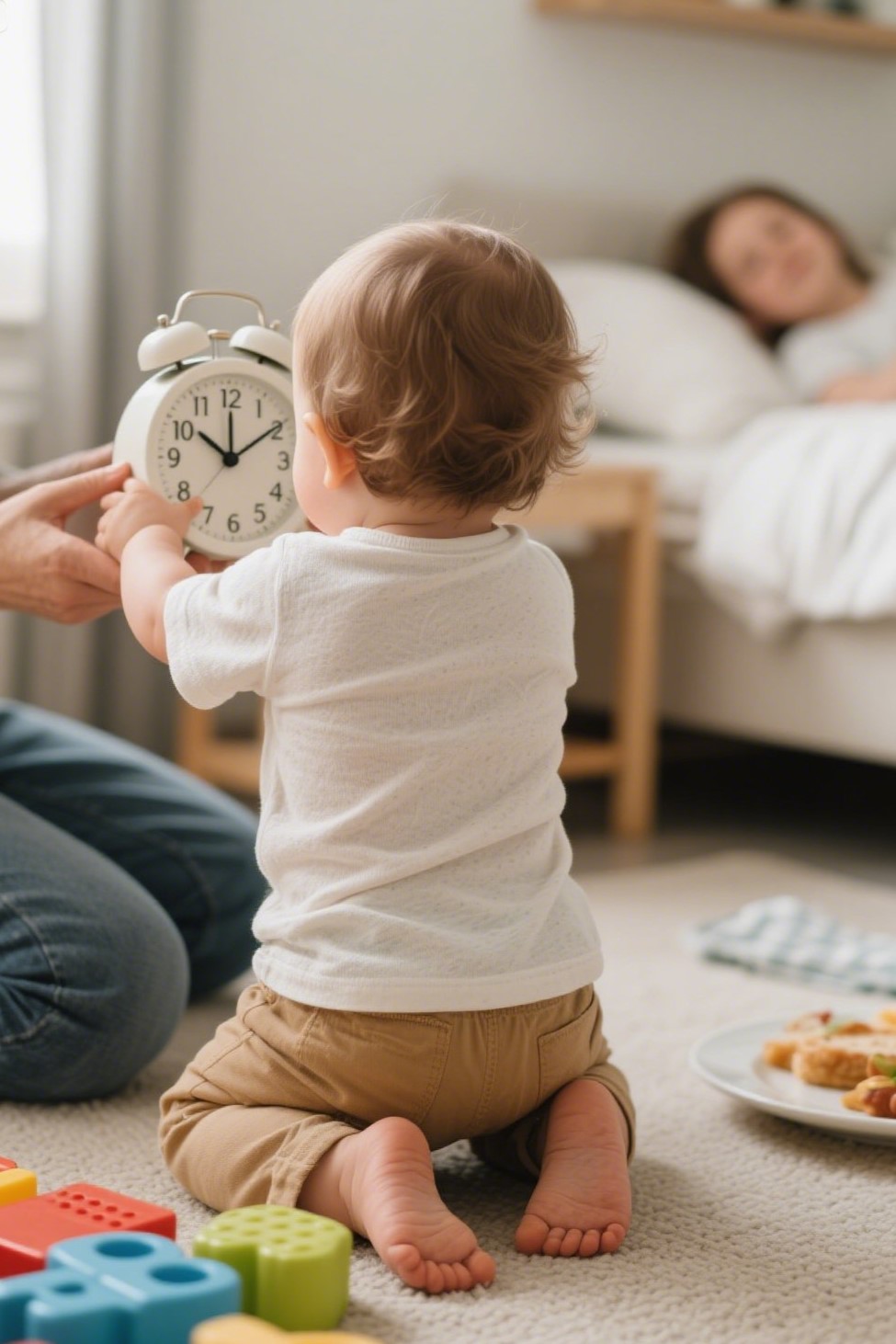
How to Encourage:
- Keep consistent routines (bedtime, mealtimes, playtime)
- Use picture schedules or simple songs for transitions
- Warn them before changes happen (“5 more minutes, then clean-up!”)
10. 🧍 Independence and Confidence
The toddler motto might be: “I can do it myself!” Encourage that healthy independence, even if it’s messy or slow.
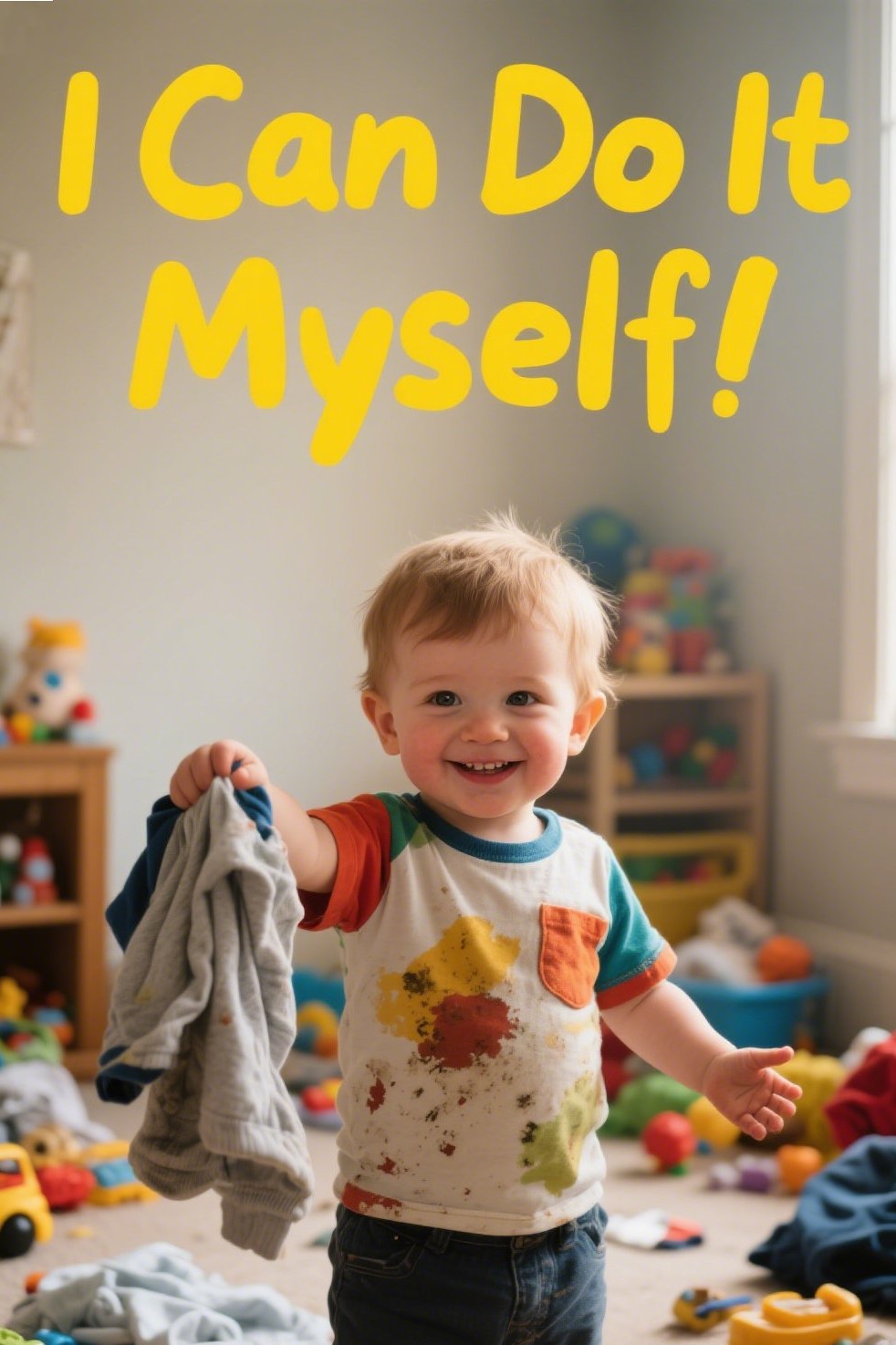
How to Encourage:
- Let them choose their clothes (from 2–3 options)
- Let them pour their own water or clean up toys
- Celebrate effort, not just results (“You tried really hard!”)
💬 Final Thoughts: Learning Through Life
Remember, toddlers don’t need perfection or pressure—they need safe environments, consistent love, and time to explore. Everything from chasing butterflies to spilling water is a learning moment.
These 10 things toddlers should learn aren’t items to check off a list. They’re natural, everyday lessons you can nurture with patience, play, and presence.
Your toddler’s most important teacher isn’t a screen or a toy—it’s you.
🧠 Bonus Tip:
Every toddler develops at their own pace. Some may speak early but walk late. Others may be shy but show deep empathy. Celebrate your child’s unique journey!

